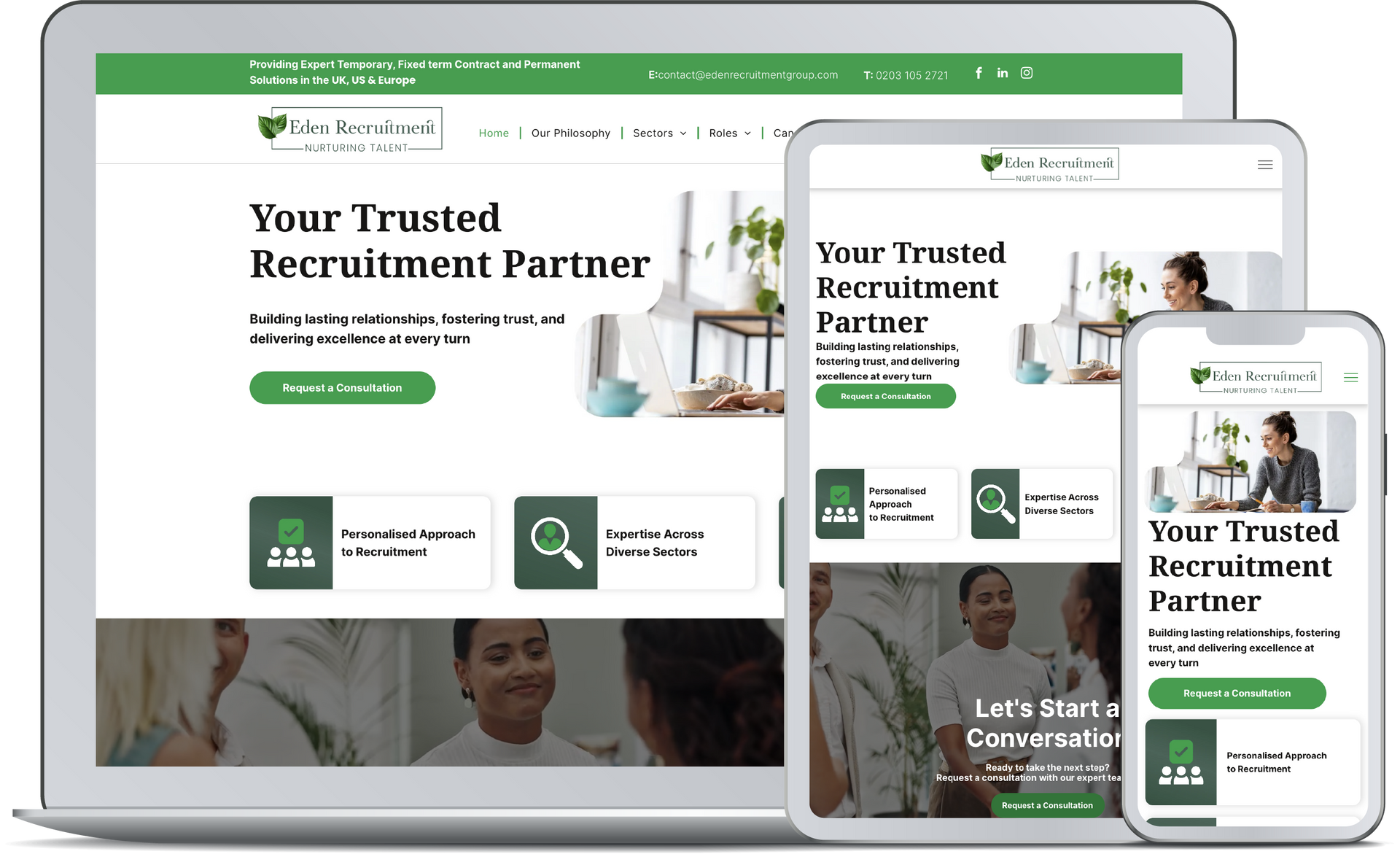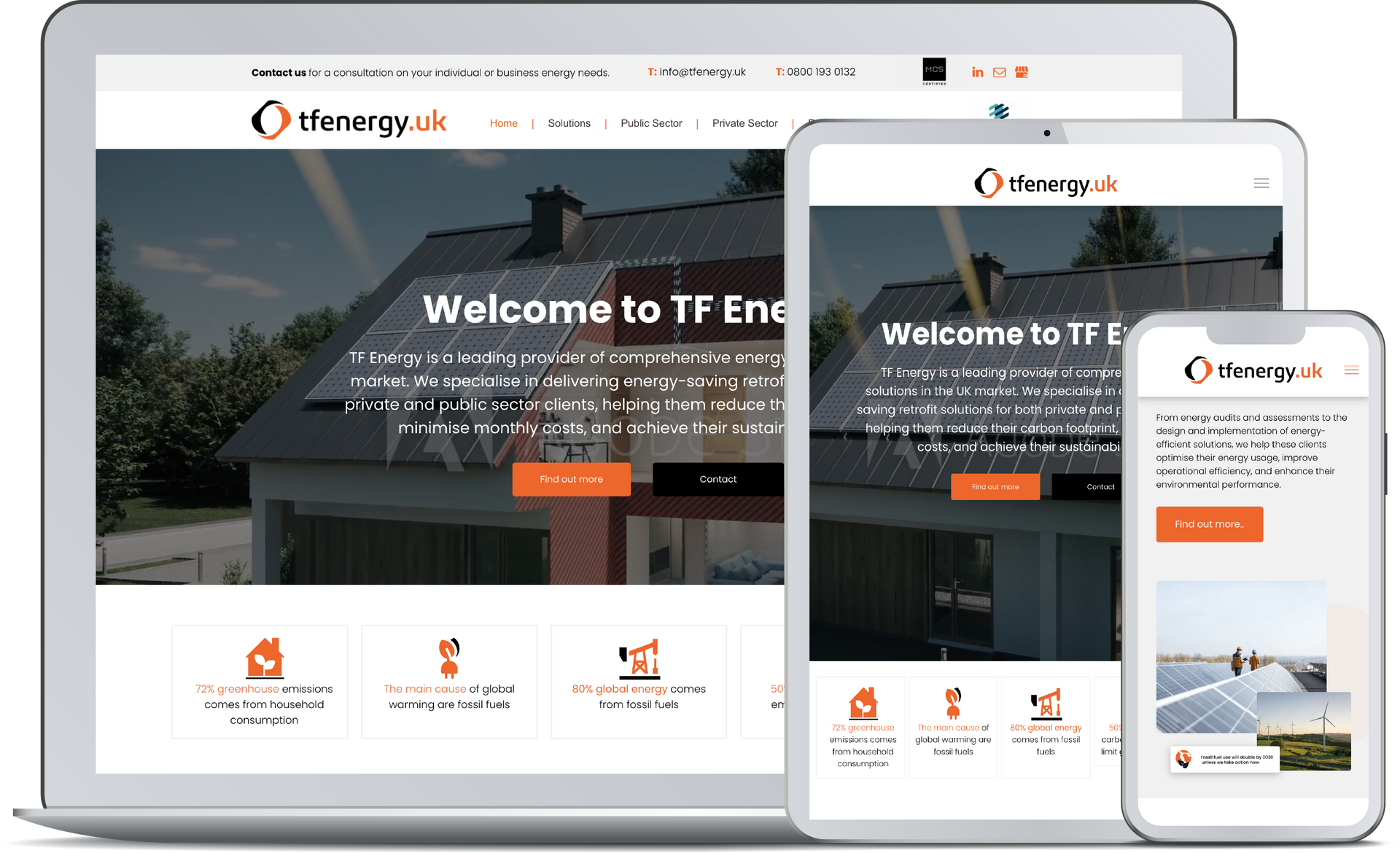Check out our website and search packages and order online today or request a call from a senior designer!
T | 0800 222 9275

How Much is My Website Design Agency Worth?
One of the first questions that arise when considering selling a website design agency is, "How much is my business worth?" Valuing a website design agency can be complex, as it involves a number of factors, from financial performance to intangible assets like reputation and client relationships. Understanding the key components that influence your agency's value is essential for setting realistic expectations and negotiating a fair sale.
In this post, we’ll explore the factors that affect the value of your website design agency and the common methods used to calculate its worth, helping you gain a clearer picture of what you can expect when selling.
1. Recurring Revenue: A Key Driver of Value
One of the most attractive features of a website design agency is its recurring revenue streams. Recurring revenue typically comes from services such as website maintenance, hosting, and long-term client contracts. Buyers love the predictability of recurring income, as it provides a steady cash flow and lowers the risk of the investment.
The more you can demonstrate stable, recurring revenue, the higher your agency’s value. If you offer hosting or maintenance services as part of your business model, this will make your agency more appealing to potential buyers, especially those looking for long-term growth.
2. Client Contracts: Stability and Future Earnings
Client contracts are another major factor that influences your agency’s worth. Having long-term agreements in place provides security to buyers, ensuring that revenue will continue after the sale. The length and strength of these contracts play a big role in valuation:
- Long-Term Contracts: If your agency has contracts extending for multiple years, this will significantly boost its value, as the buyer can count on future income.
- Retainer Agreements: Retainers for ongoing services, such as updates, design tweaks, or digital marketing support, are also valuable. These create recurring revenue and add stability to your agency's cash flow.
If your business relies on one-off projects, you may want to consider transitioning clients to retainer-based contracts before selling, which could increase your agency’s value in the eyes of a potential buyer.
3. Profitability: The Bottom Line
The profitability of your business is another crucial factor. Buyers will closely examine your profit margins, as they want to ensure that they’re investing in a business that delivers strong returns.
Key metrics that will impact valuation include:
- EBITDA (Earnings Before Interest, Taxes, Depreciation, and Amortisation): This is a widely used metric for business valuation as it focuses on the core earnings of the business. A higher EBITDA translates to a higher valuation.
- Gross Profit Margin: Your gross profit margin shows how efficiently your business turns revenue into profit. A strong margin, particularly in design services where there is a higher degree of customisation, will positively influence your agency’s value.
Keeping costs under control while generating solid revenue will enhance your agency’s financial health and, therefore, its attractiveness to buyers.
4. Reputation: An Intangible, But Powerful Asset
While your agency’s financials are critical, reputation is an equally important, though intangible, asset. A strong brand reputation can drive up your agency’s value, as buyers recognise the importance of trust in client relationships.
Here are a few ways in which reputation impacts valuation:
- Client Testimonials and Case Studies: Demonstrating a proven track record of success with detailed case studies and glowing testimonials will show potential buyers the strength of your agency’s reputation.
- Industry Recognition: Awards, certifications, and media coverage also contribute to the perceived value of your agency. If you’ve been recognised within the industry for your design work or customer service, make sure to highlight these accolades during the sales process.
- Online Presence: Positive online reviews, social media engagement, and strong search engine rankings are all markers of a trusted and reputable business, adding further value to your agency.
5. Client Base: Diversity Matters
The diversity of your client base is another important consideration when valuing your website design agency. Buyers tend to view a broad, diverse client base as a sign of a stable business. Conversely, if your revenue relies heavily on just a few major clients, your agency may be perceived as higher risk.
Here’s why client diversity matters:
- Client Concentration Risk: If too much of your revenue comes from a small number of clients, the buyer will worry that losing one or two clients could drastically impact the business’s profitability.
- Industry Specialisation: If your agency is highly specialised in serving clients within a specific industry, this can be an advantage, as buyers may value your niche expertise. However, it’s important to ensure that this specialisation doesn’t overly limit your client base.
Maintaining a healthy mix of clients, both in terms of size and industry, will help position your agency as a low-risk, high-reward opportunity for potential buyers.
6. Valuation Methods: How Buyers Determine Your Agency's Worth
Now that you understand the factors that influence your agency’s value, how exactly is that value calculated? There are a few common valuation methods used when selling a business:
- Revenue Multiple: This method assigns a multiple to your annual revenue. For example, if your agency has £1 million in revenue and the typical multiple in the market is 1.5x, your business would be valued at £1.5 million. The multiple can vary based on the strength of your financials, client retention, and industry trends.
- EBITDA Multiple: As mentioned earlier, EBITDA is a common metric for determining the value of a business. Like the revenue multiple, the EBITDA multiple is based on industry benchmarks. Stronger EBITDA margins will yield a higher multiple and thus a higher valuation.
- Discounted Cash Flow (DCF): This method involves projecting the business’s future cash flows and then discounting them to determine the present value. While this approach can be more complex, it provides a detailed look at the potential future profitability of the business.
Conclusion: Maximising Your Agency’s Value
Ultimately, the value of your website design agency depends on a combination of factors, including recurring revenue, client contracts, profitability, reputation, and client diversity. By understanding these elements and taking steps to optimise them, you can increase your agency’s value and attract the right buyers.
Ready to find out how much your website design agency is worth?
Click below to contact us for a free consultation and discover your agency’s true value.
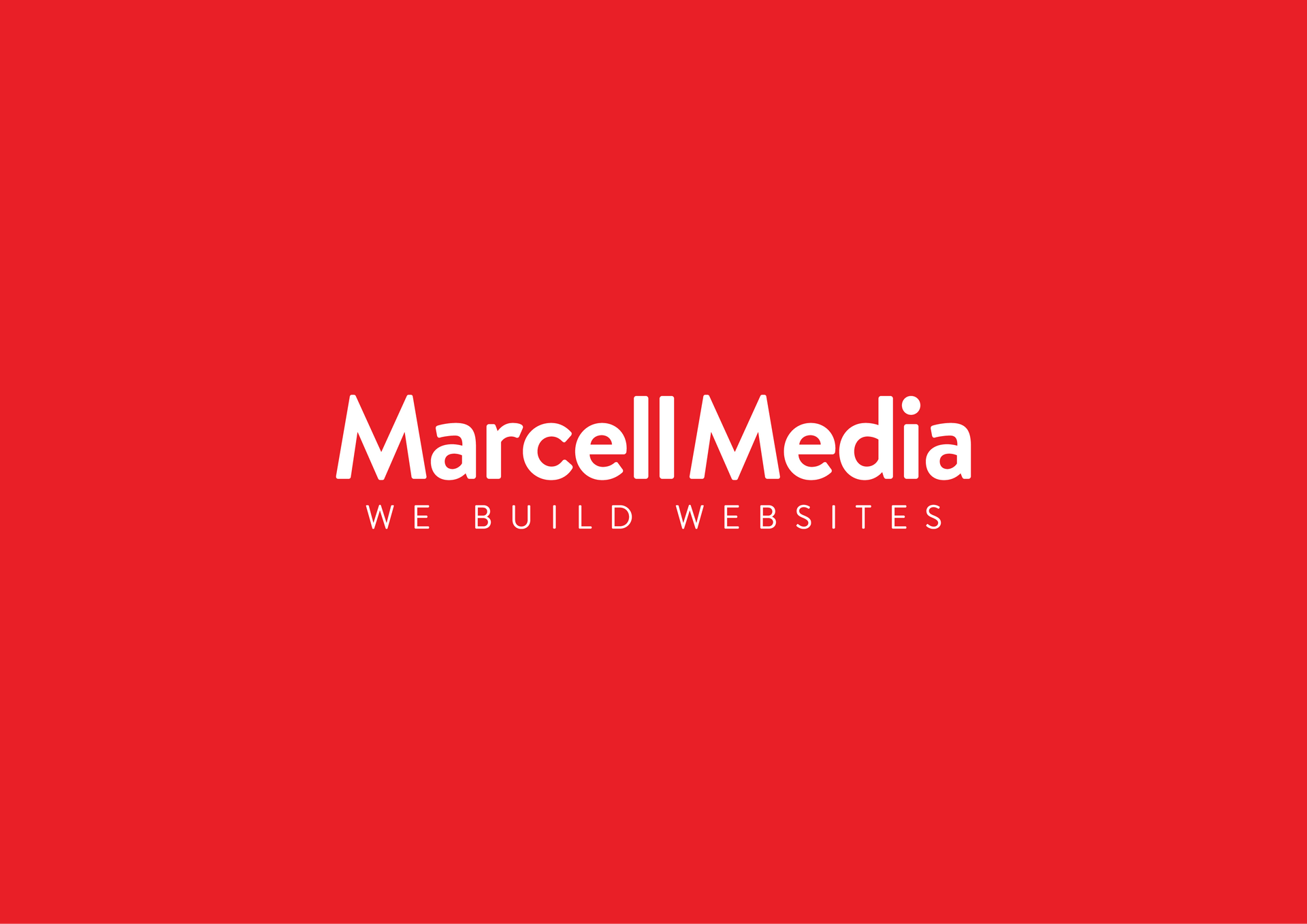










Will be using for upcoming projects in the future!
Marcell Media helped me to complete a recent project and I couldn’t be more pleased with the service! Always on-hand to fix any queries I’ve had along the way. Will be using for upcoming projects in the future!
Honestly wish I had found them years ago
These guys made a really great job of delivering exactly what I needed, very easy to work with, nothing has ever been a problem even when I’ve asked annoying questions!
Thank you so much
They are the best and most reliable company I've ever worked with. I feel safe since day 1 and knew they understand my ideas and willing to work hard to get the best results.
More than helpful
Did a great job for me nearly 2 years ago, i decided to try something different and regret the move. I've spoken with them on 2 occasions since my move and he's been more than helpful.First class service.
Could not recommend highly enough
Absolutely fantastic service from start to finish. Could not recommend highly enough. The team outlined exactly what we would get, for how much and how long it would take. Five stars. Thank you.
Extremely helpful customer service
First class experience, very happy with the product delivery. Great value for what is a great looking, effective, professional product. They know what is needed to build the perfect website.
Good service all round
We have worked with Marcell Media for many years now, they haver created an outstanding website for us and the marketing campaigns have yielded fantastic results. Good service all round. Would highly recommend.
I wholeheartedly recommend
I am thrilled to share my appreciation and gratitude for the outstanding service provided by Marcell Media during our recent rebranding project for our company. From the initial consultation to the final implementation, Marcell Media exceeded our expectations at every step of the way.

Slide title
Write your caption hereButton
Slide title
Write your caption hereButton
Slide title
Write your caption hereButton
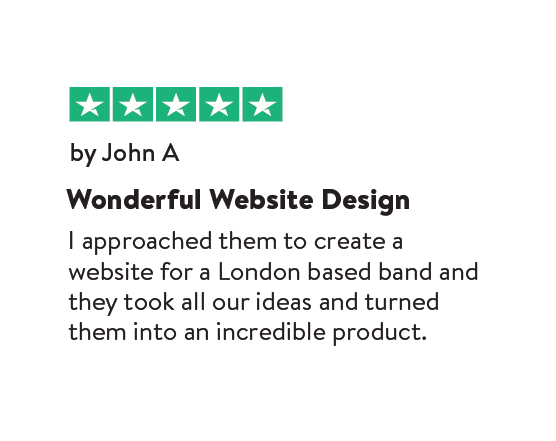
Slide title
Write your caption hereButton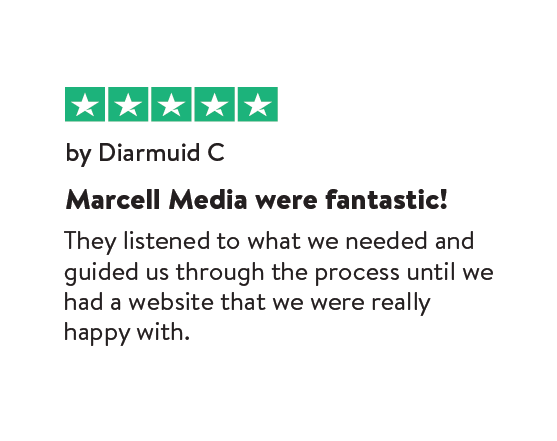
Slide title
Write your caption hereButton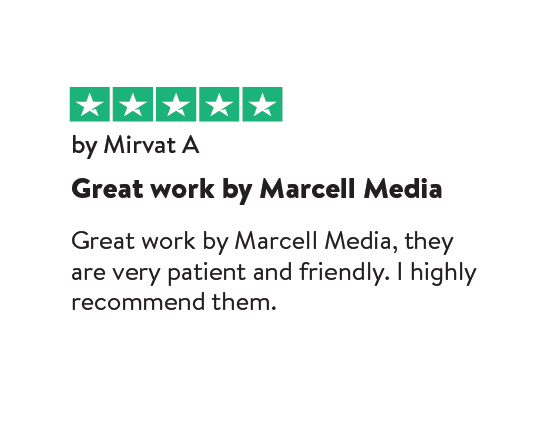
Slide title
Write your caption hereButton
-
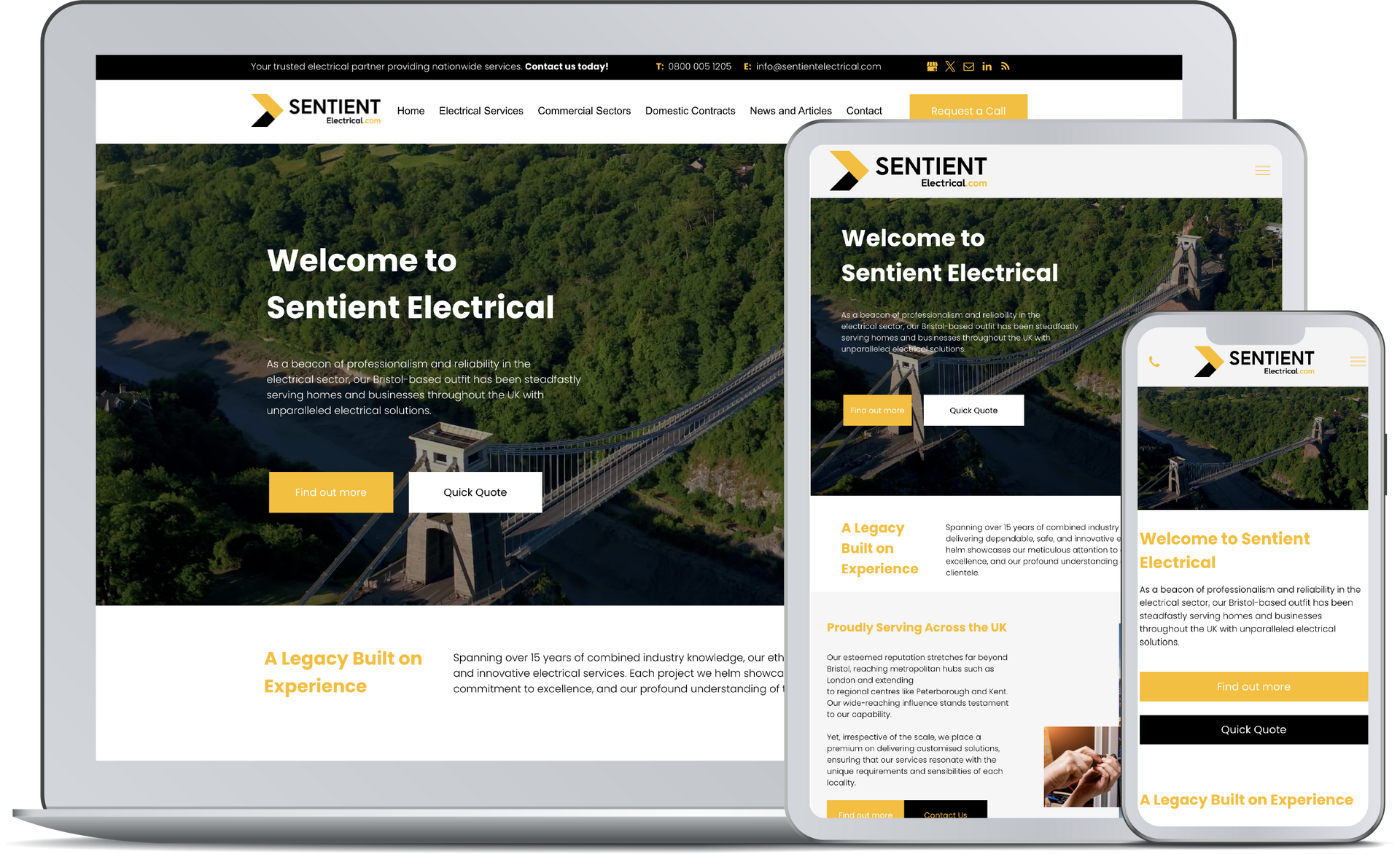
Slide title
Write your caption hereButton -
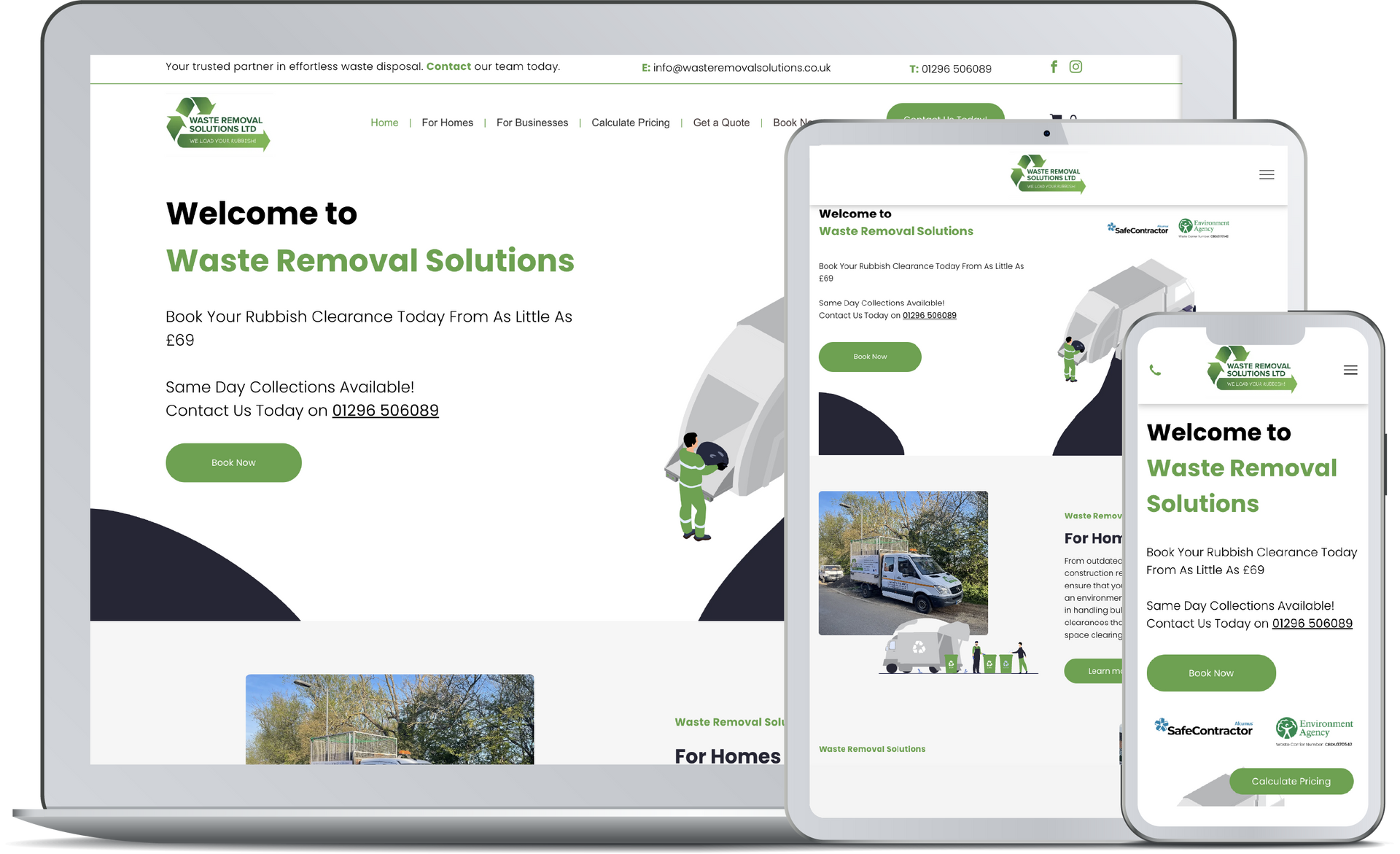
Slide title
Write your caption hereButton -
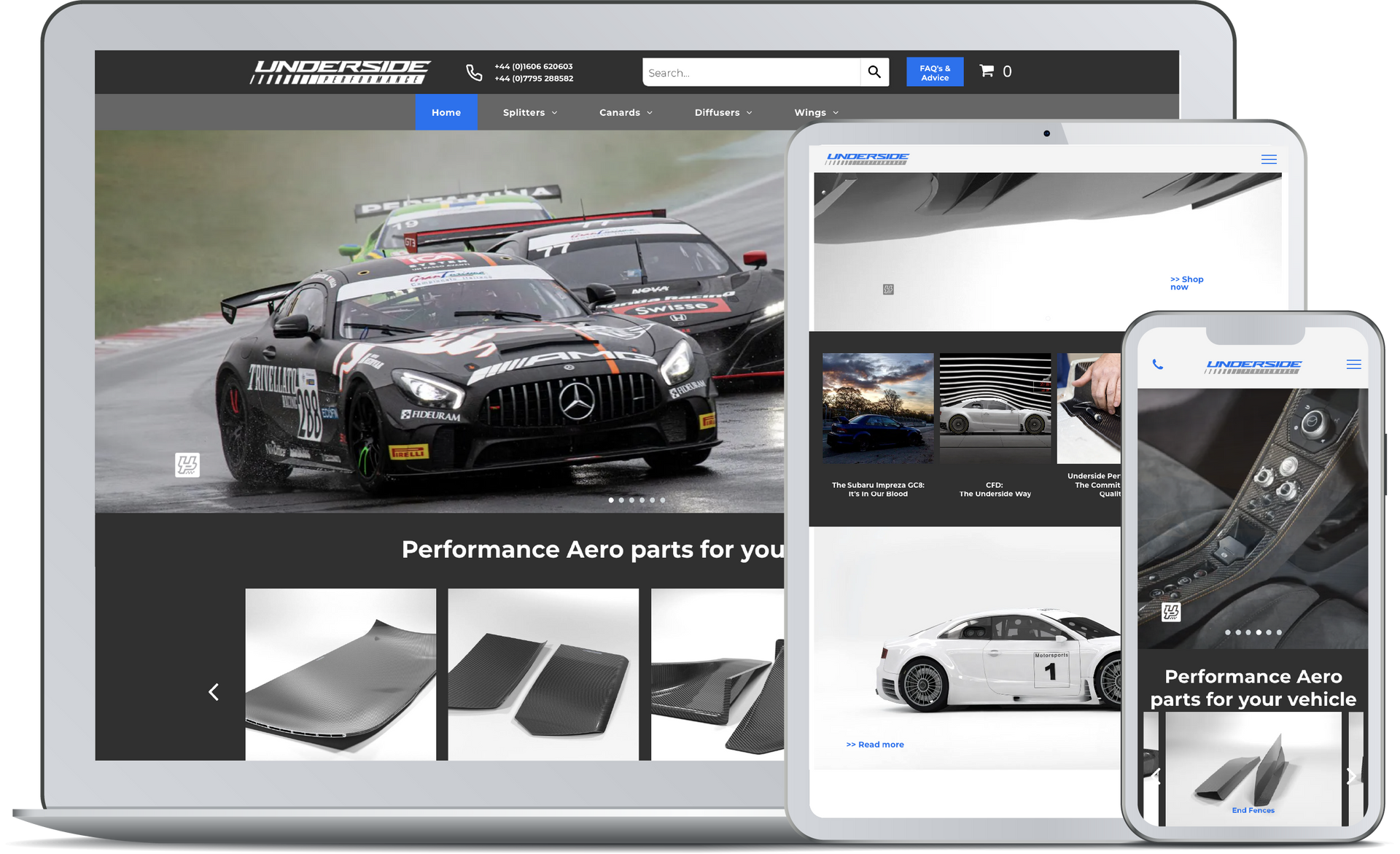
Slide title
Write your caption hereButton -
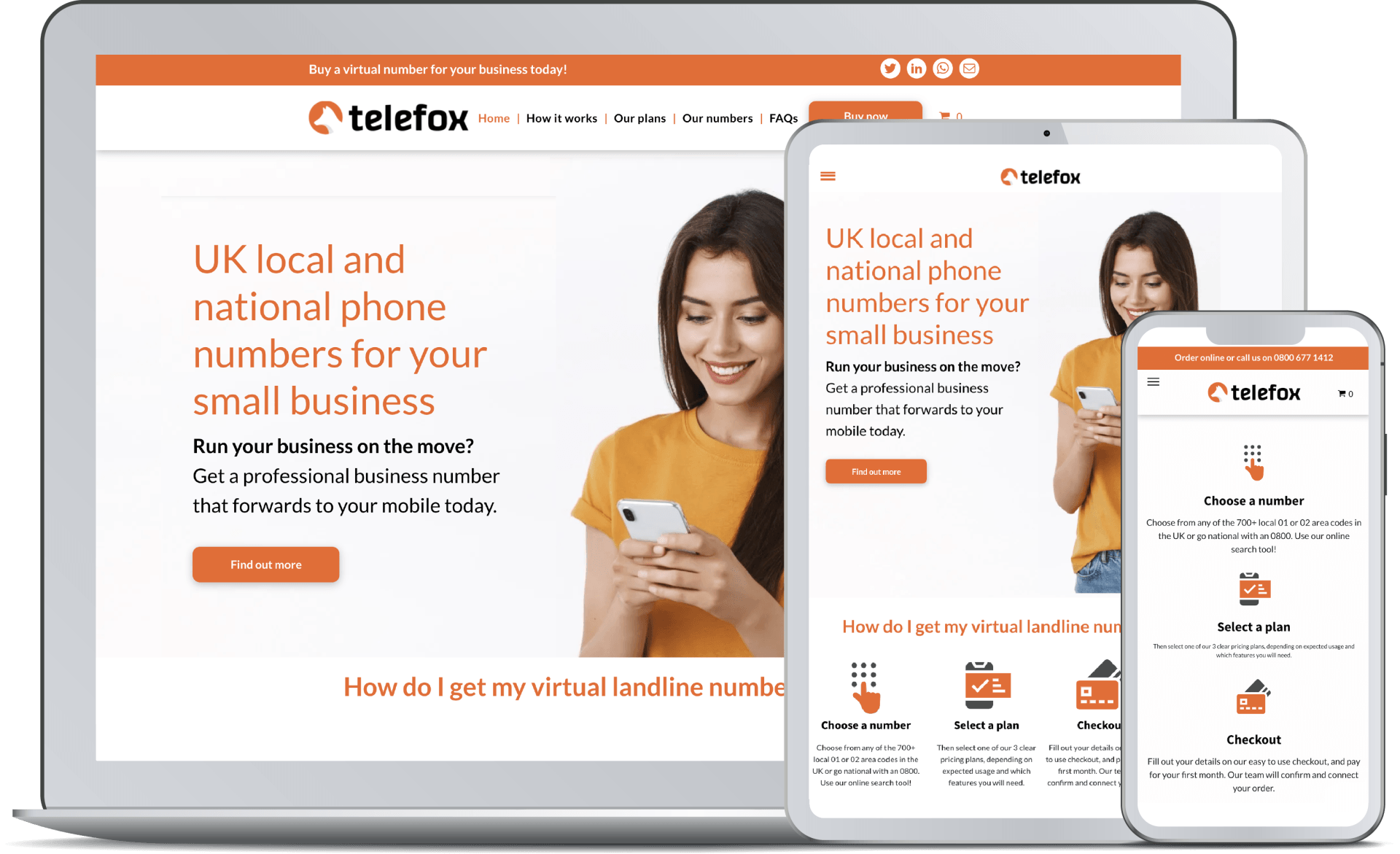
Slide title
Write your caption hereButton -
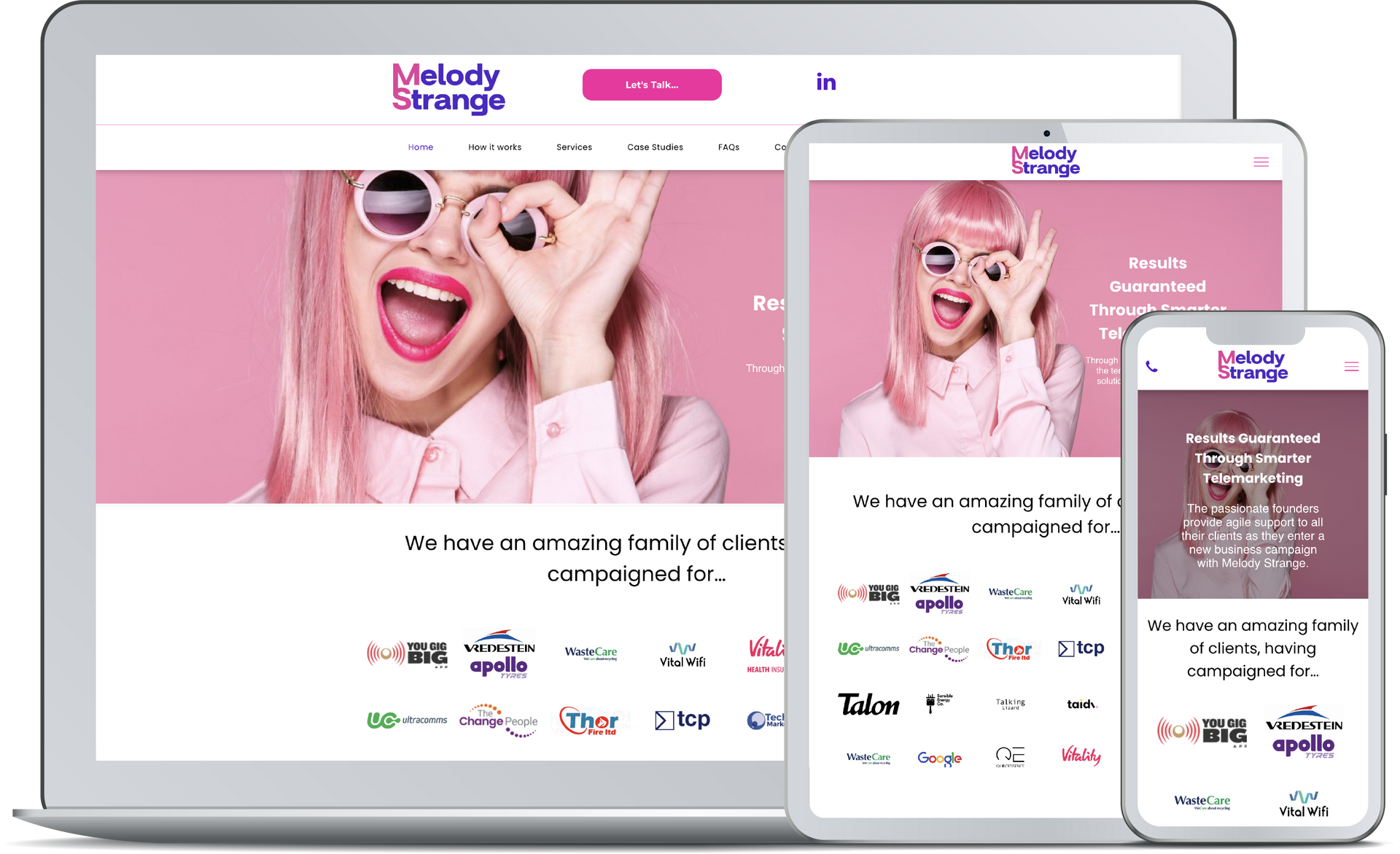
Slide title
Write your caption hereButton -
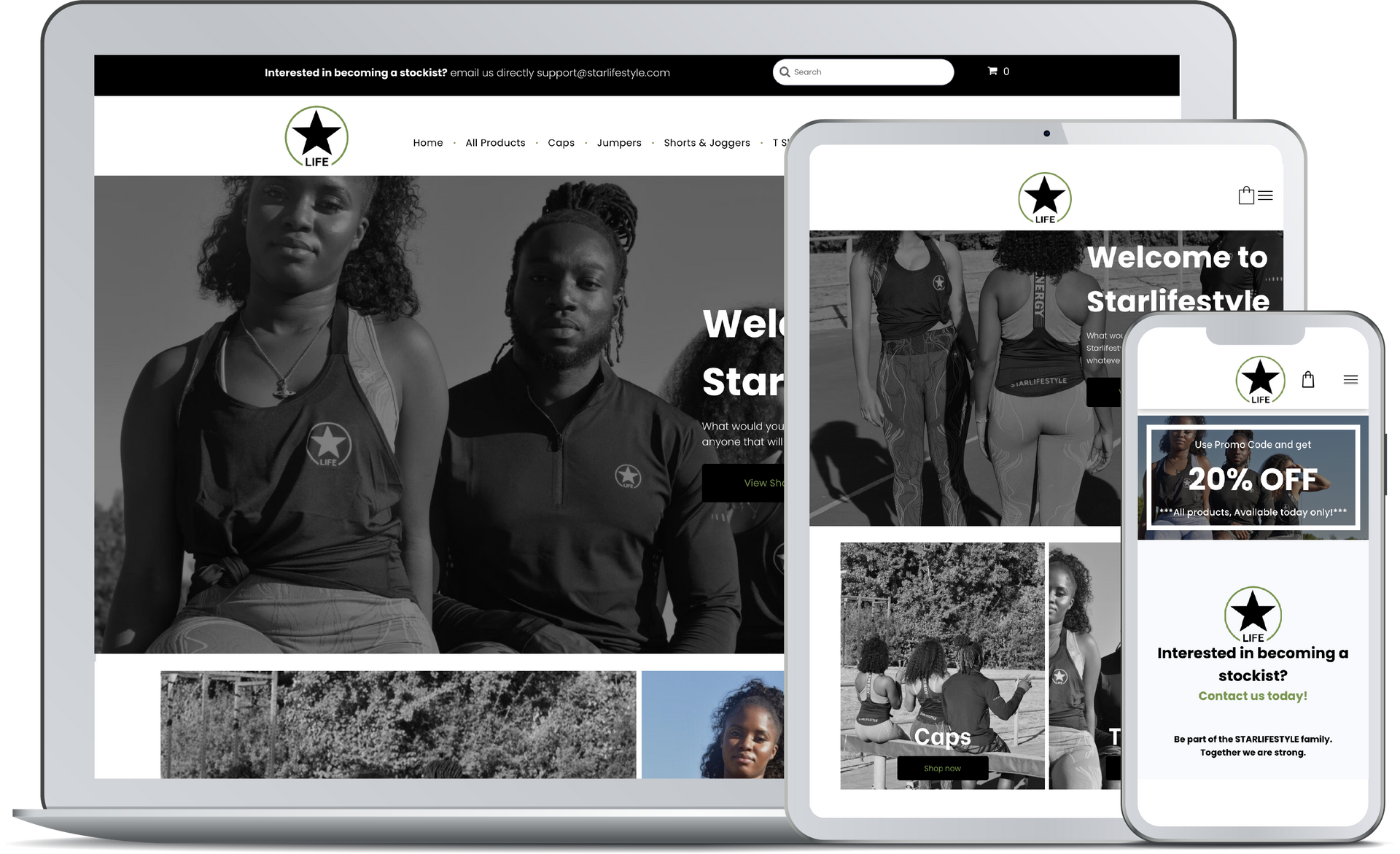
Slide title
Write your caption hereButton -
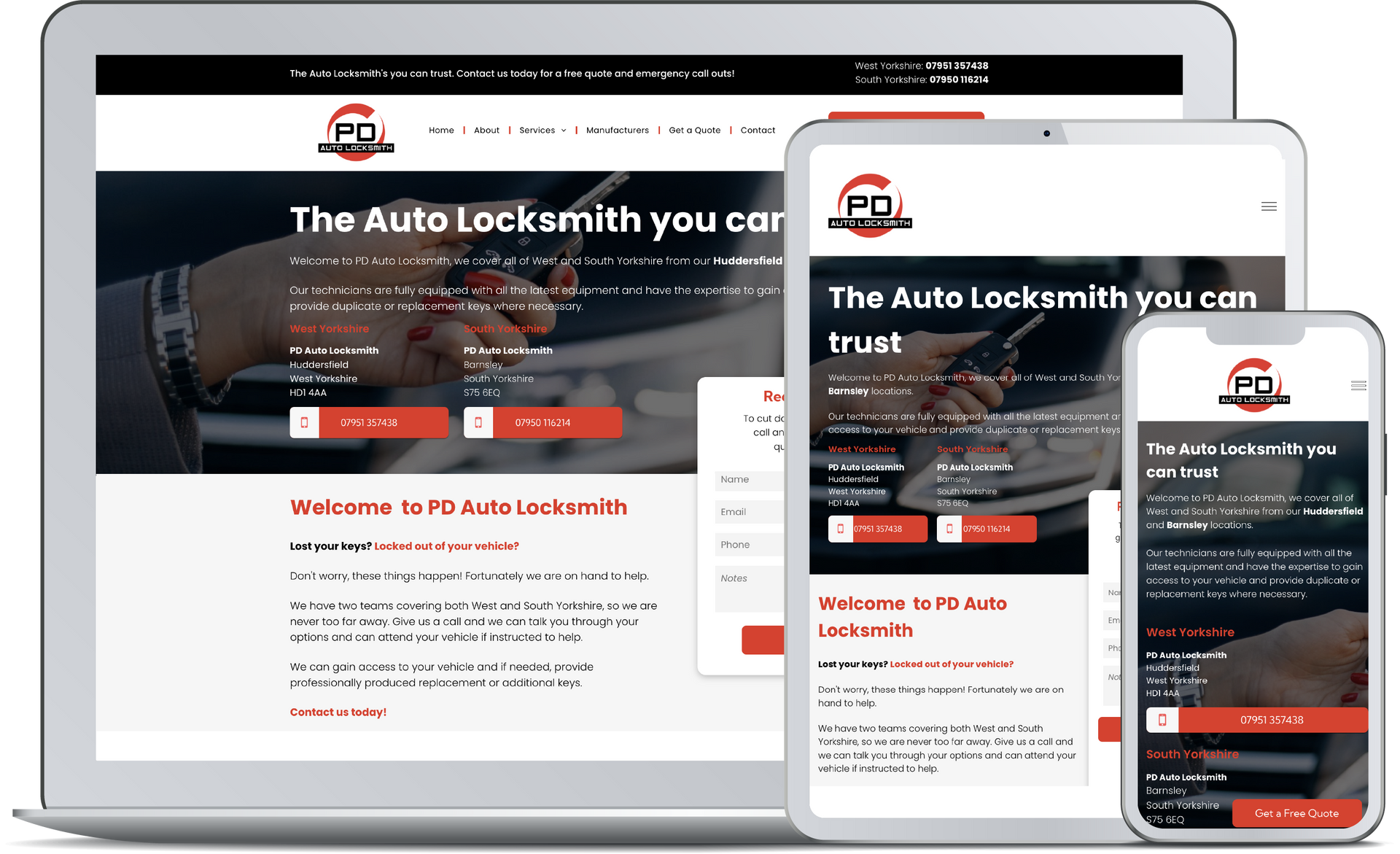
Slide title
Write your caption hereButton -
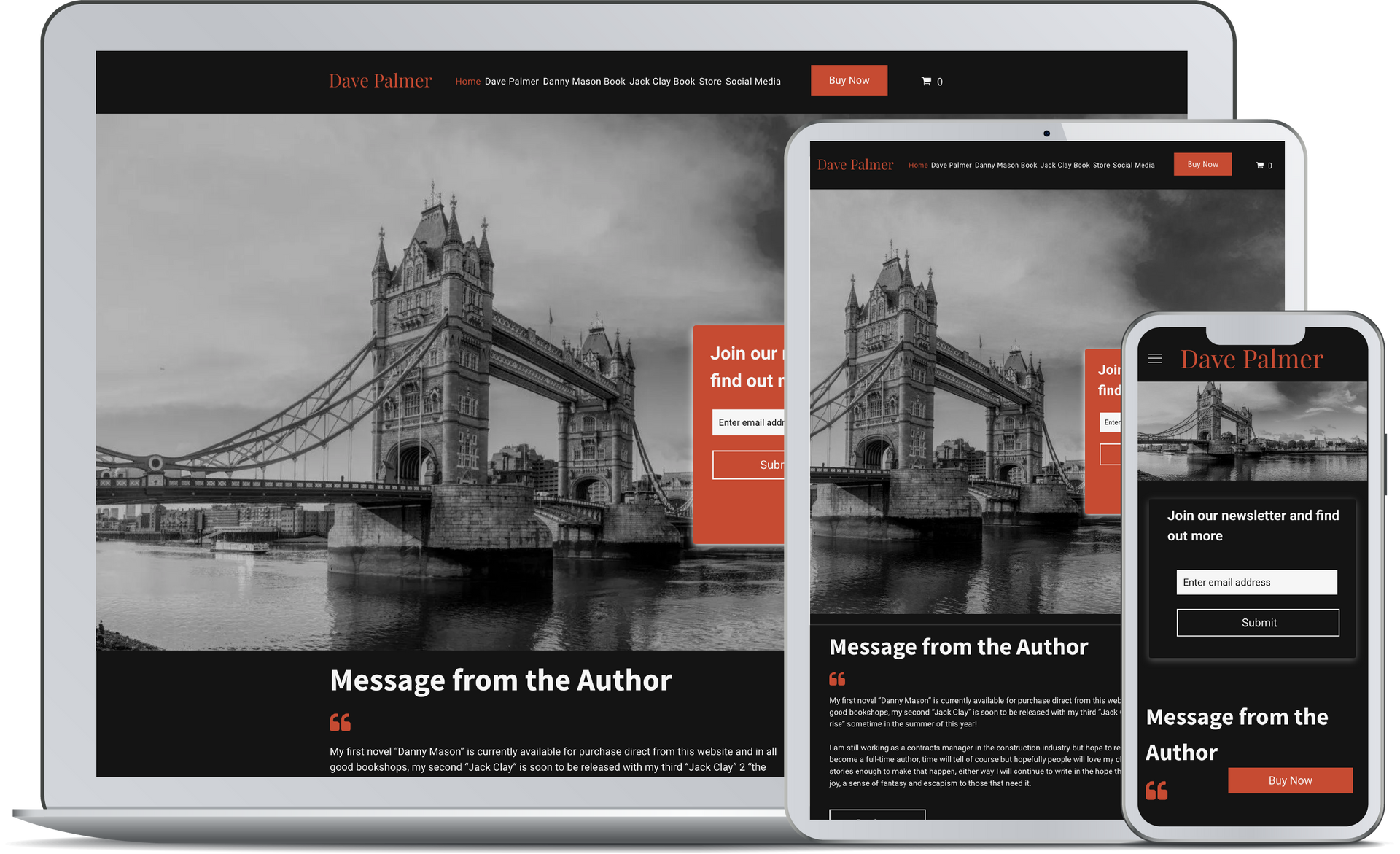
Slide title
Write your caption hereButton -
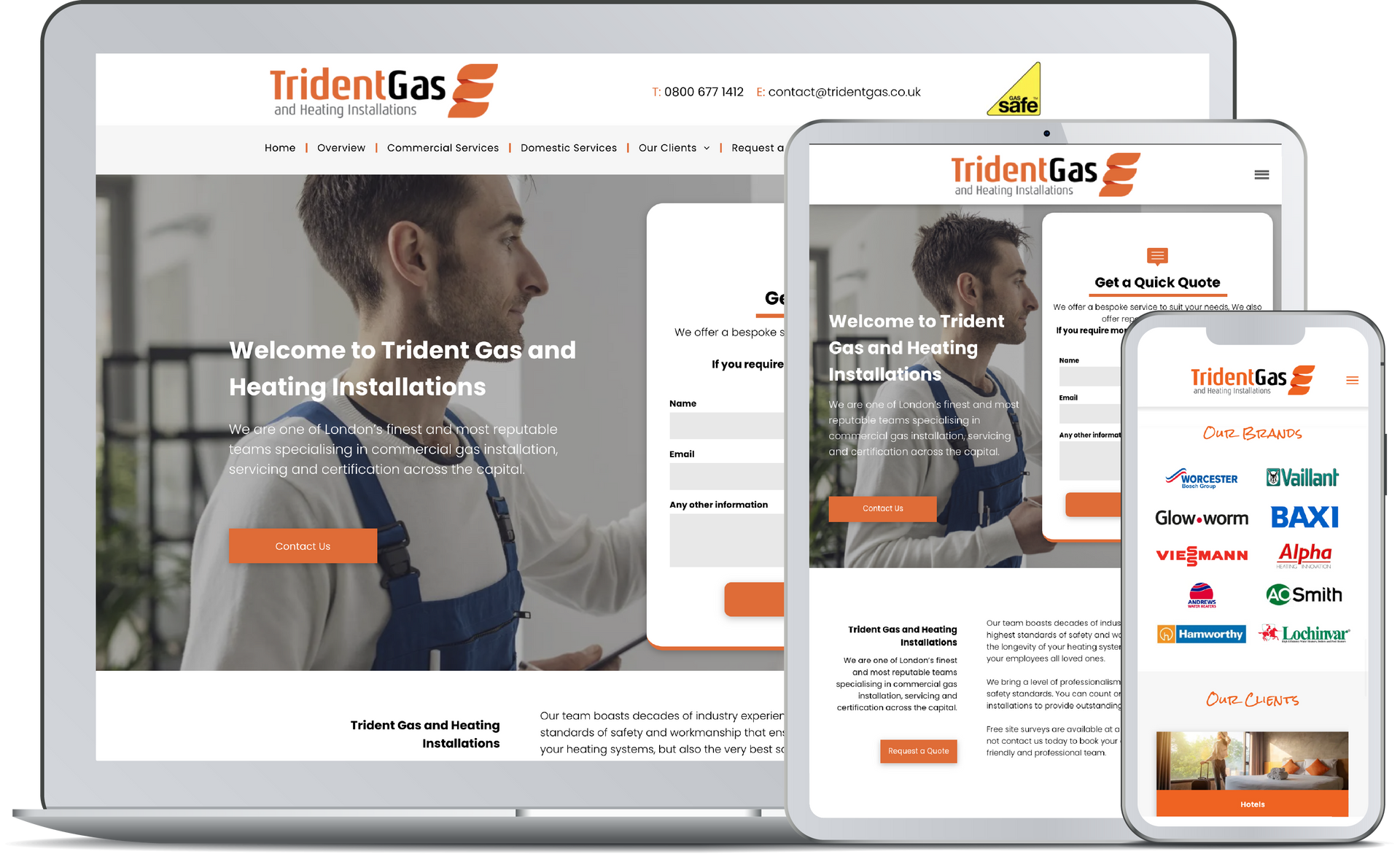
Slide title
Write your caption hereButton -
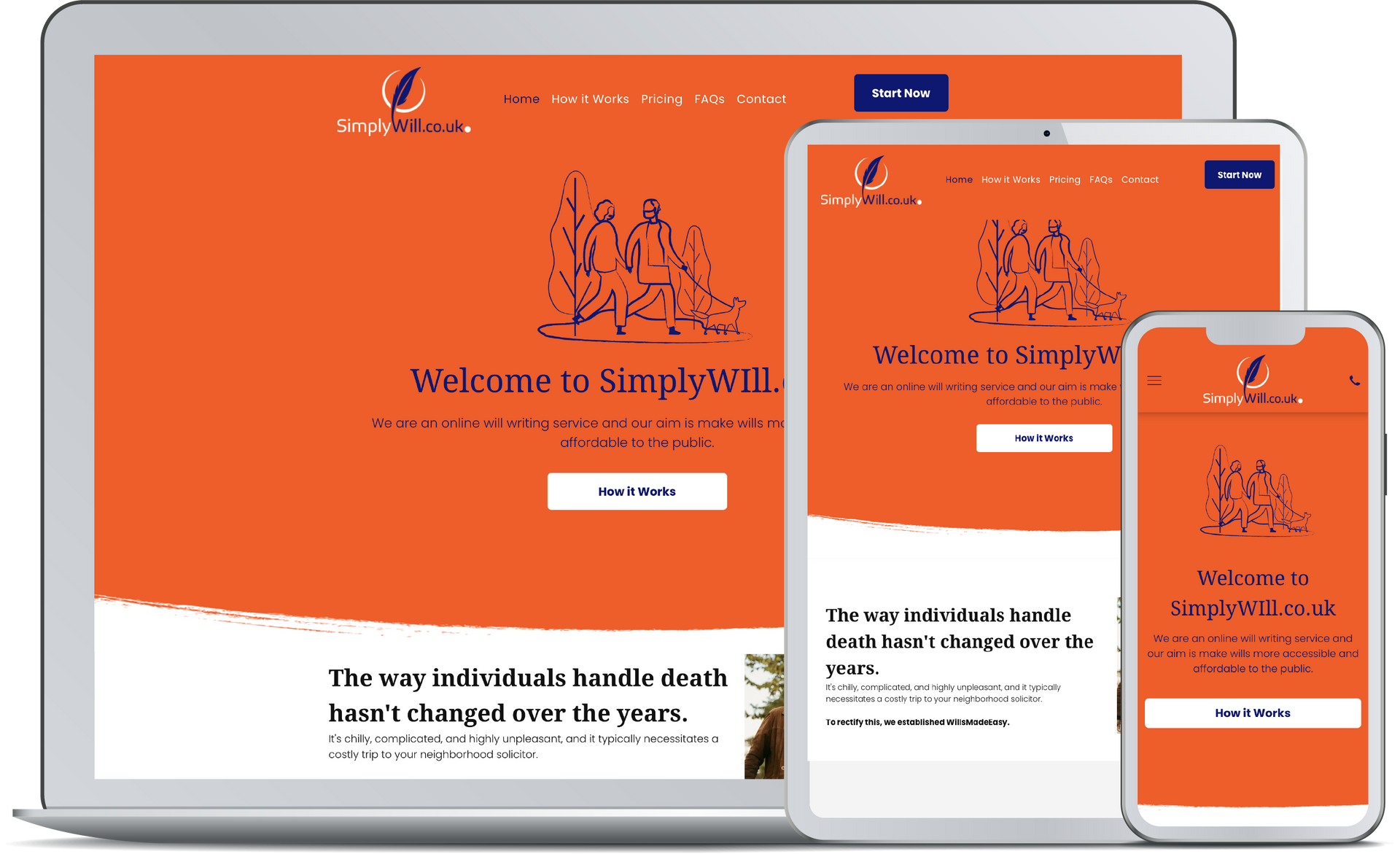
Slide title
Write your caption hereButton -
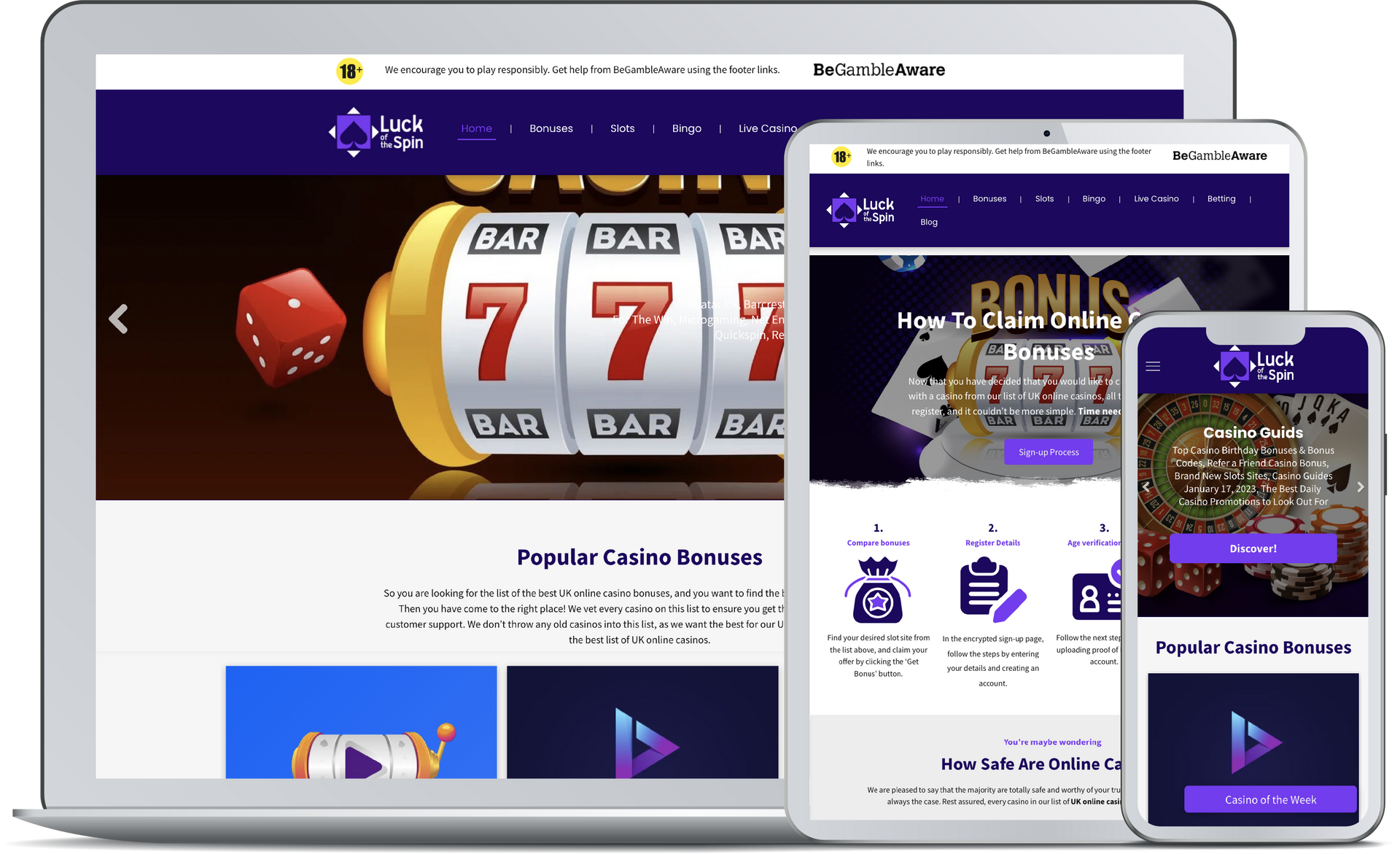
Slide title
Write your caption hereButton -
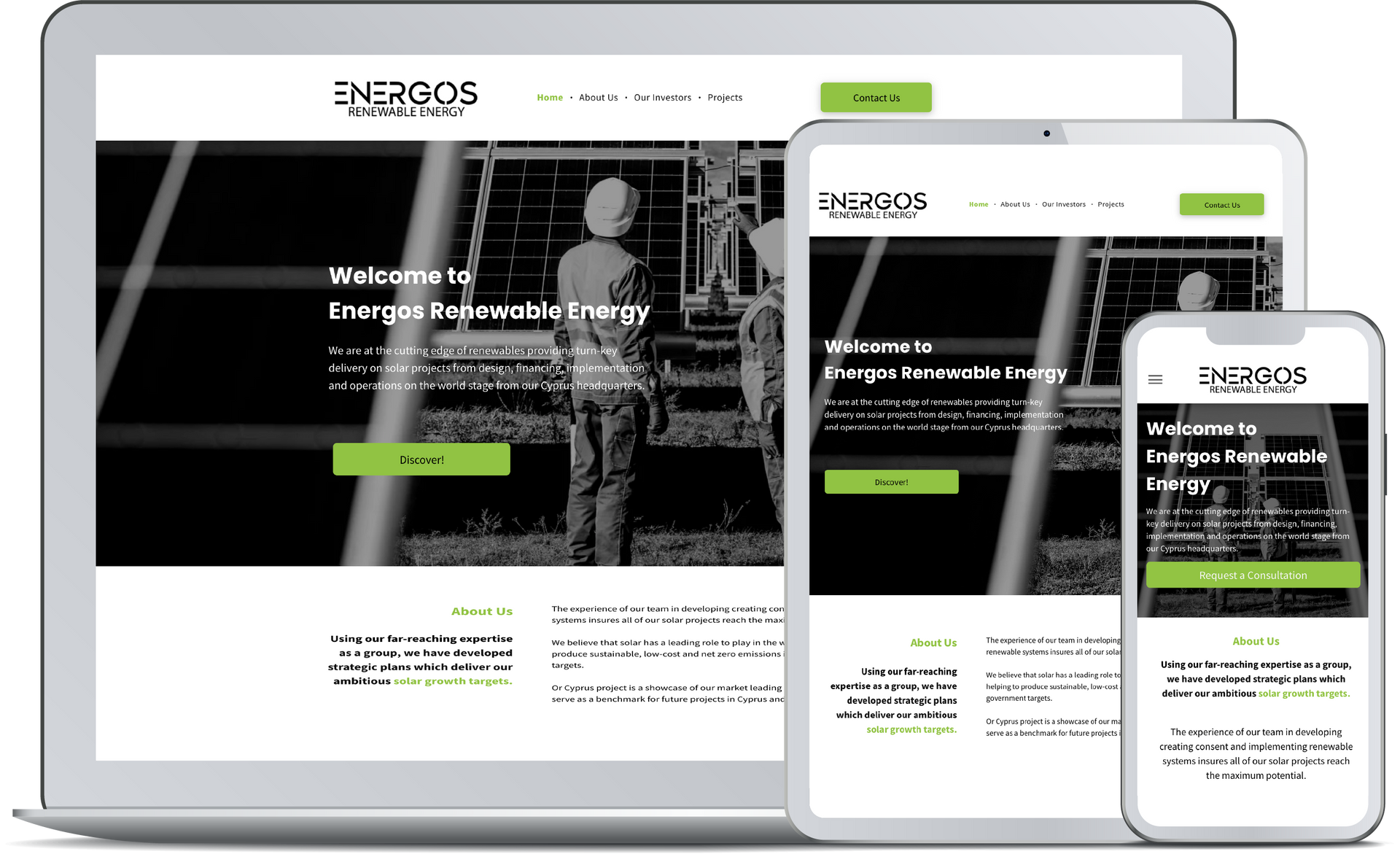
Slide title
Write your caption hereButton -
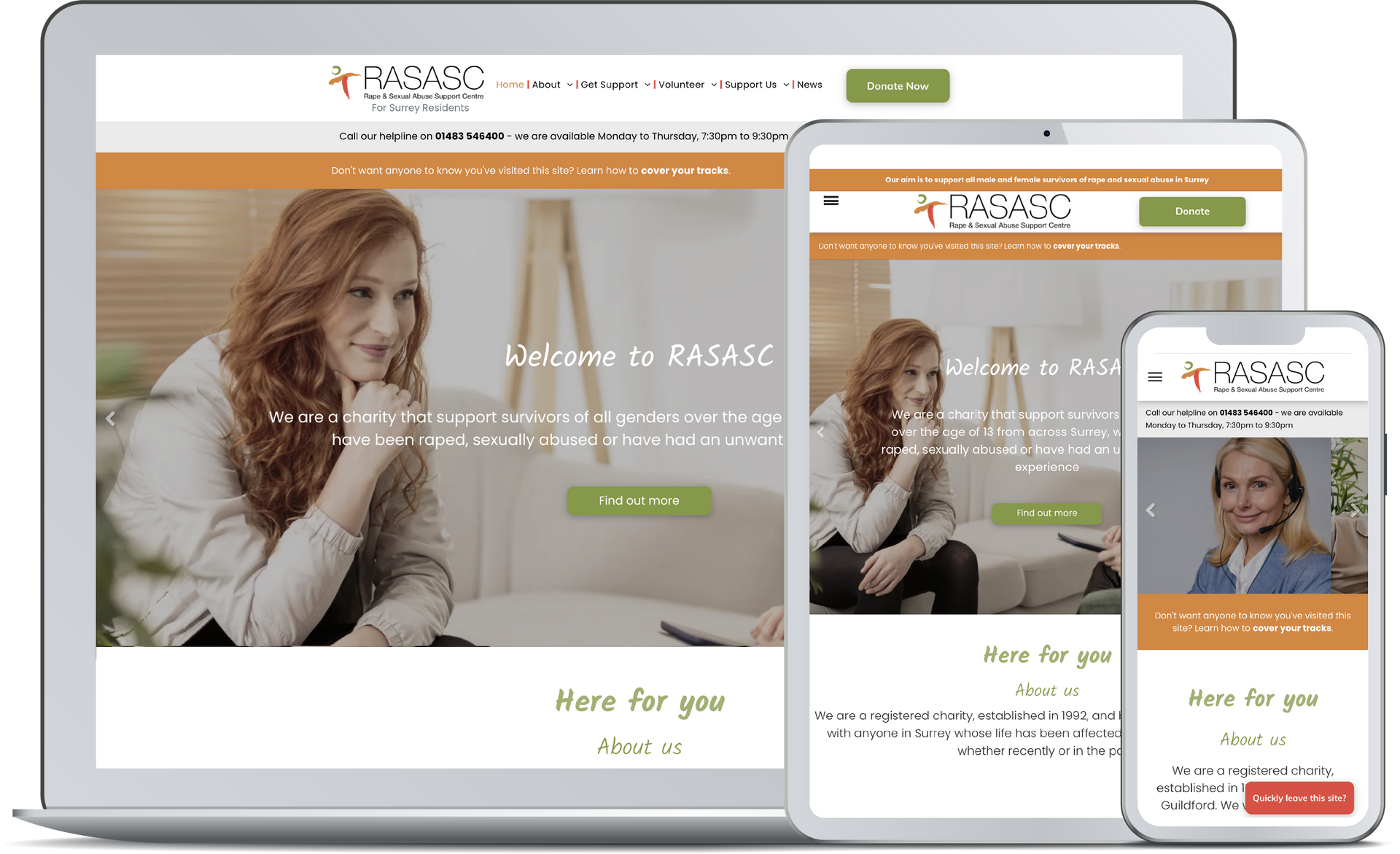
Slide title
Write your caption hereButton -
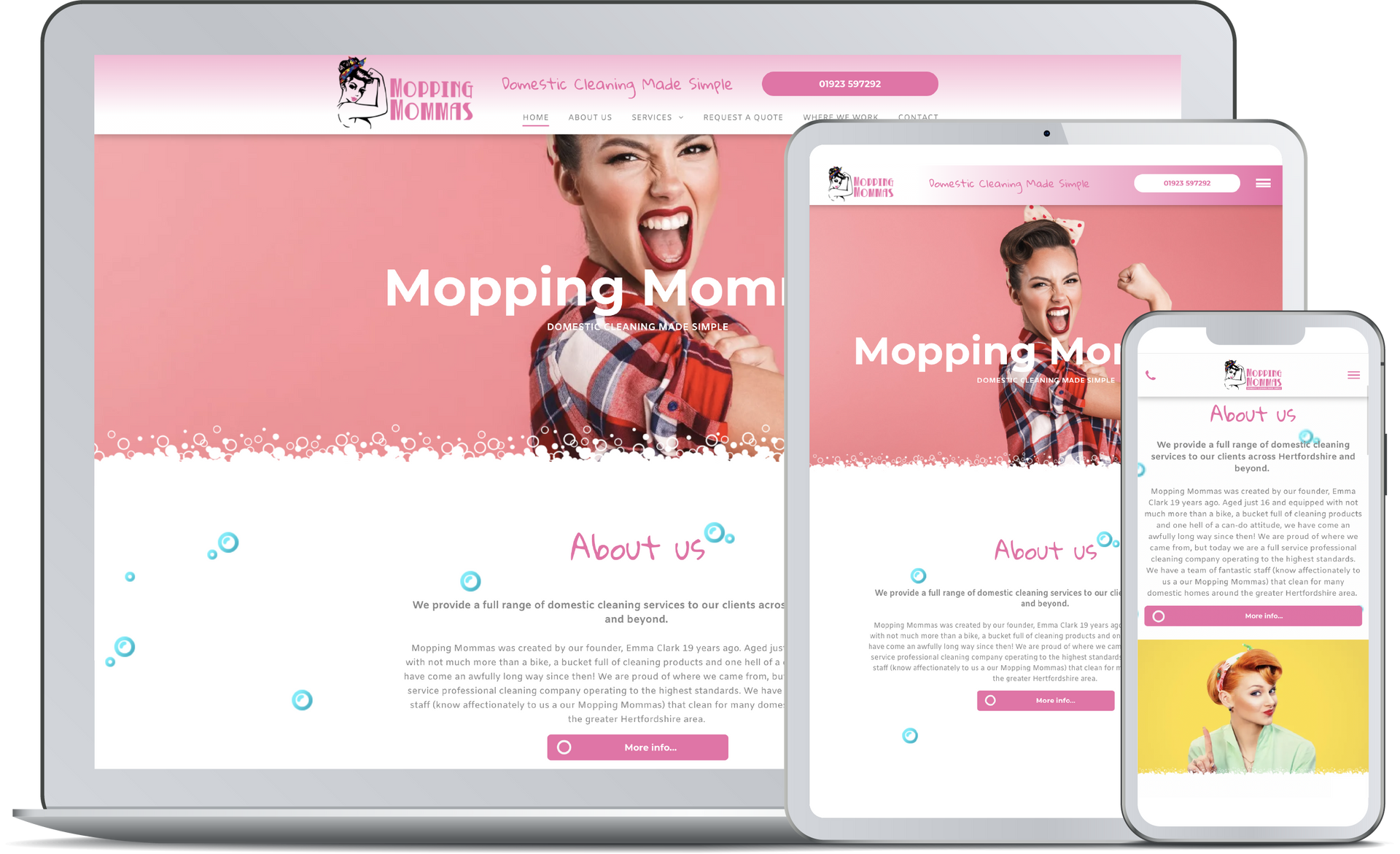
Slide title
Write your caption hereButton -
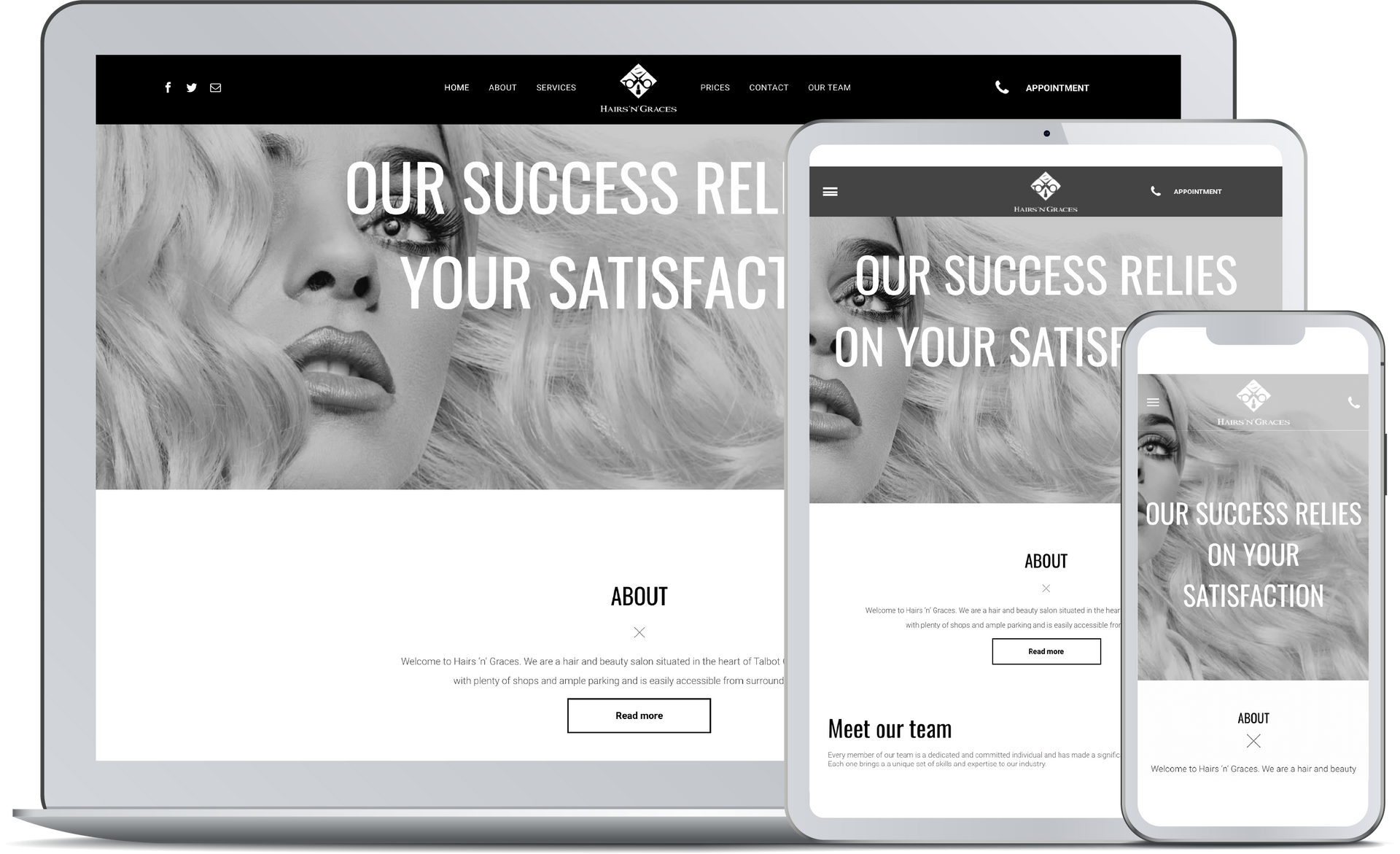
Slide title
Write your caption hereButton -
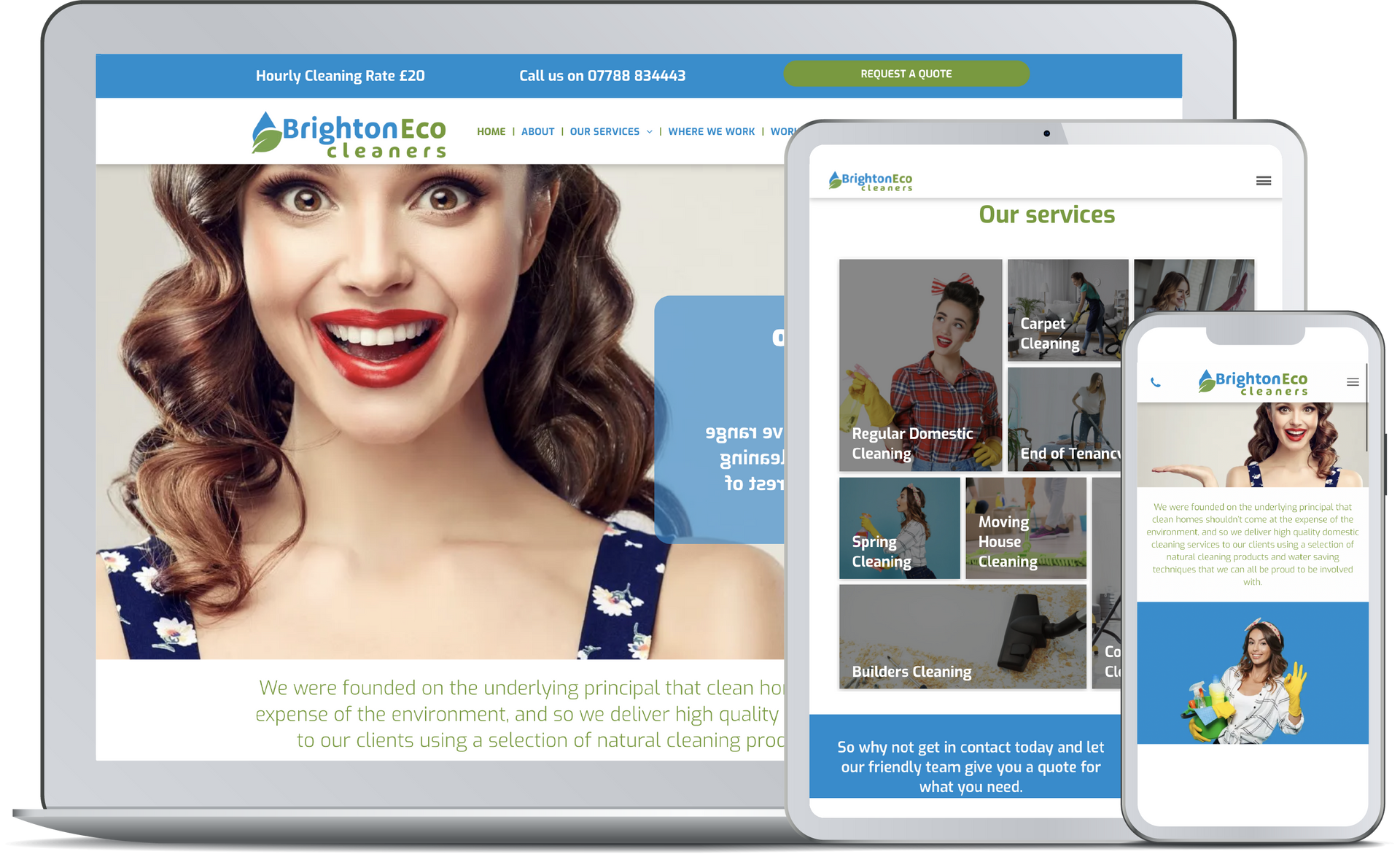
Slide title
Write your caption hereButton -
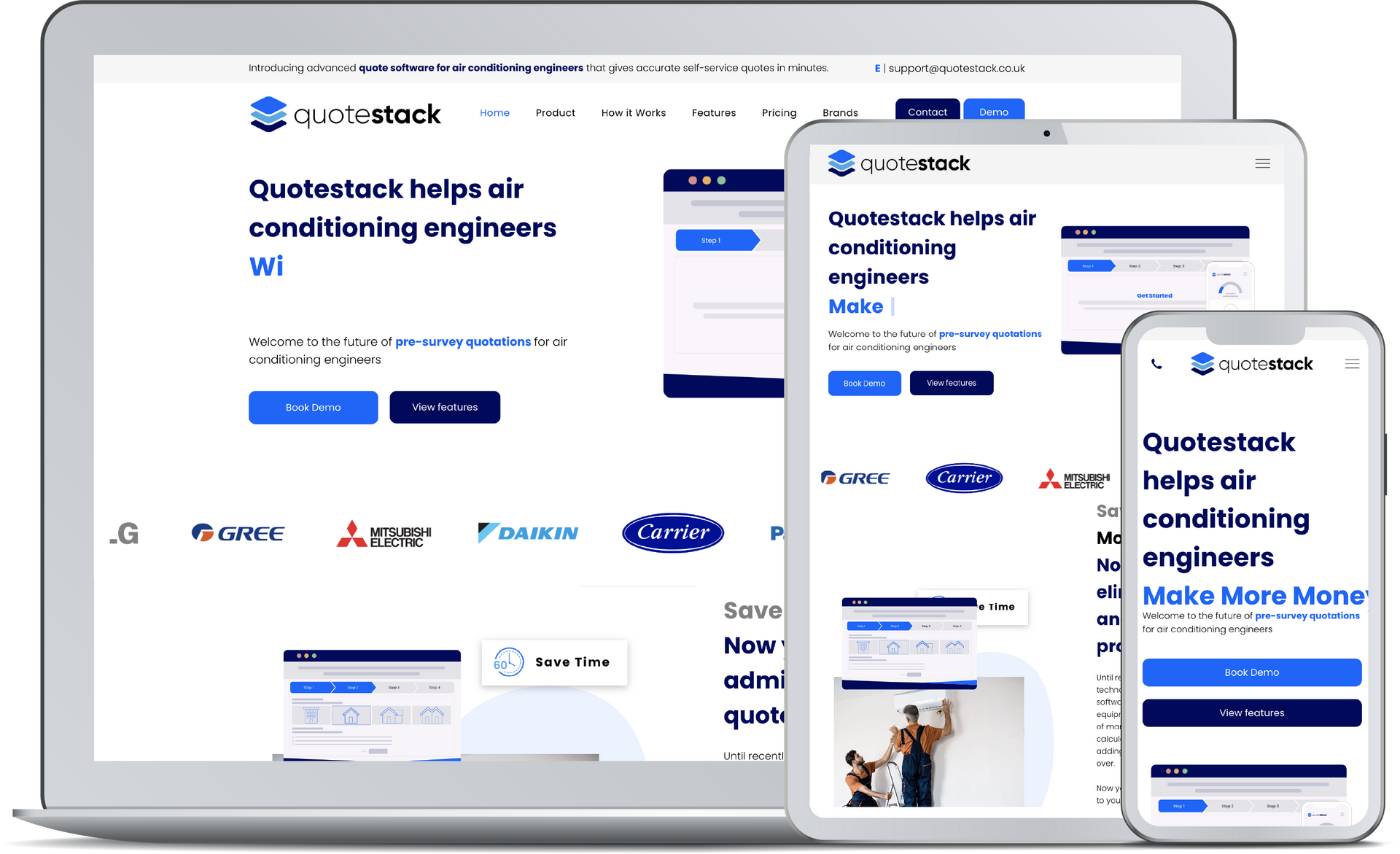
Slide title
Write your caption hereButton -
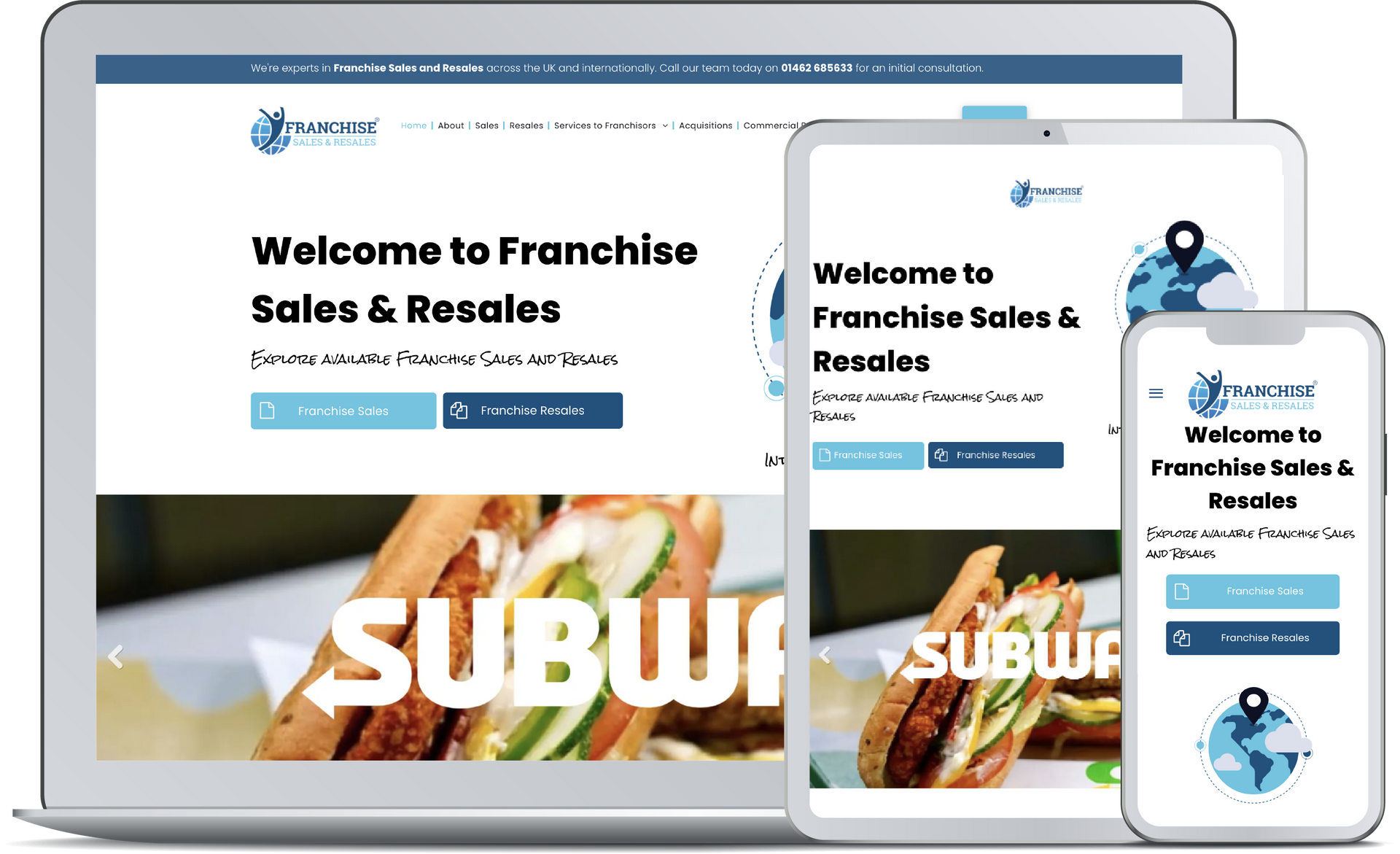
Slide title
Write your caption hereButton -
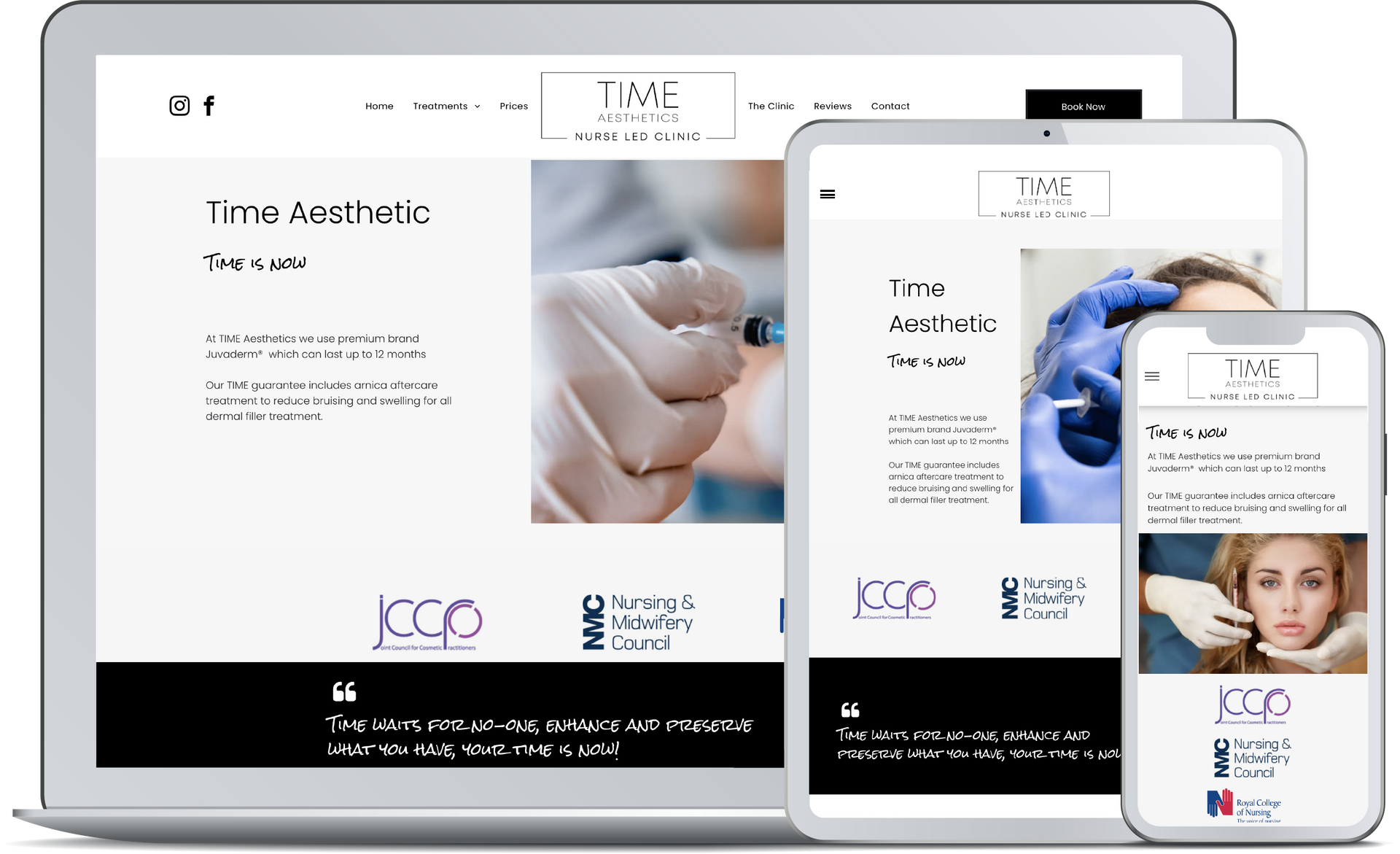
Slide title
Write your caption hereButton -
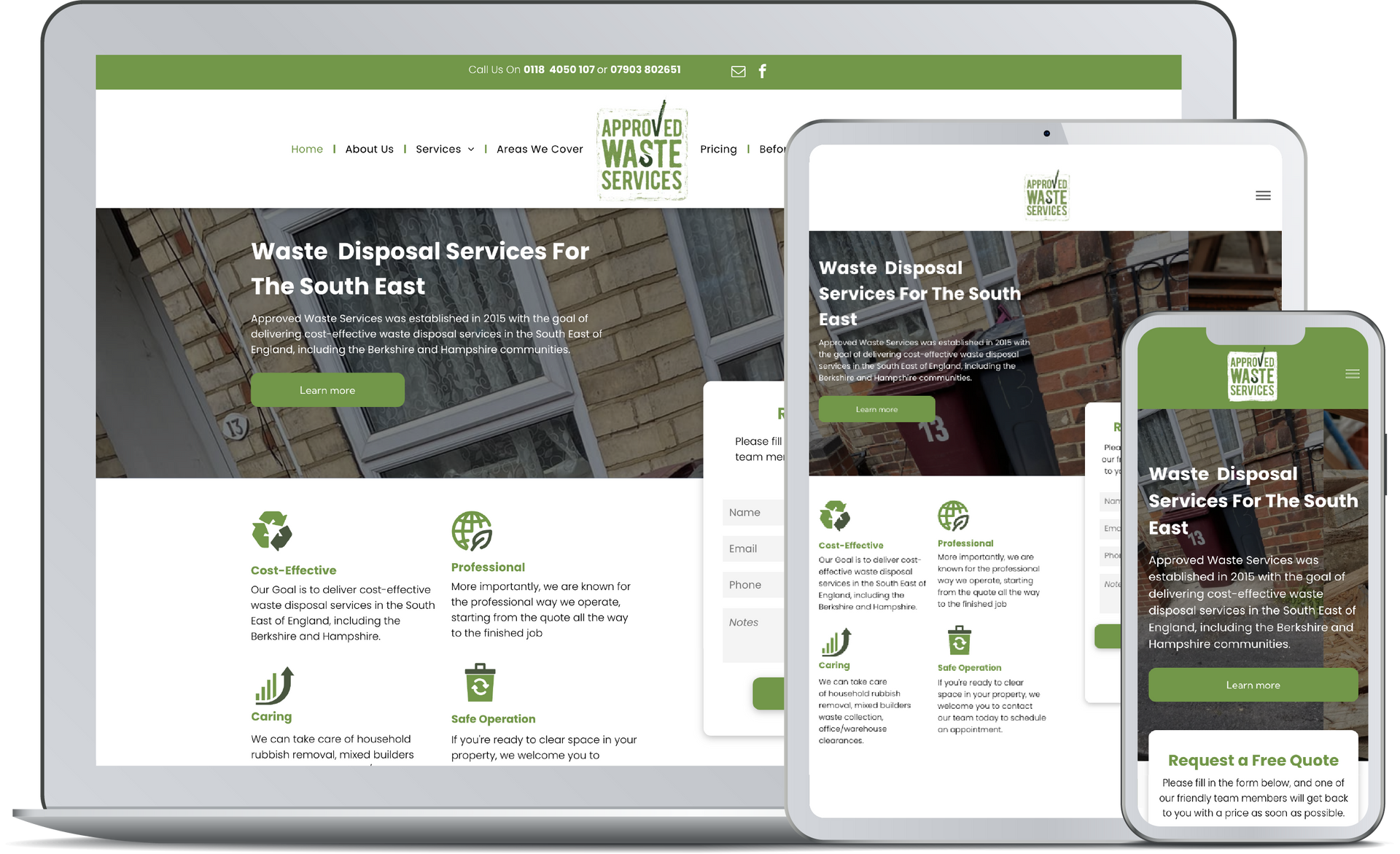
Slide title
Write your caption hereButton -
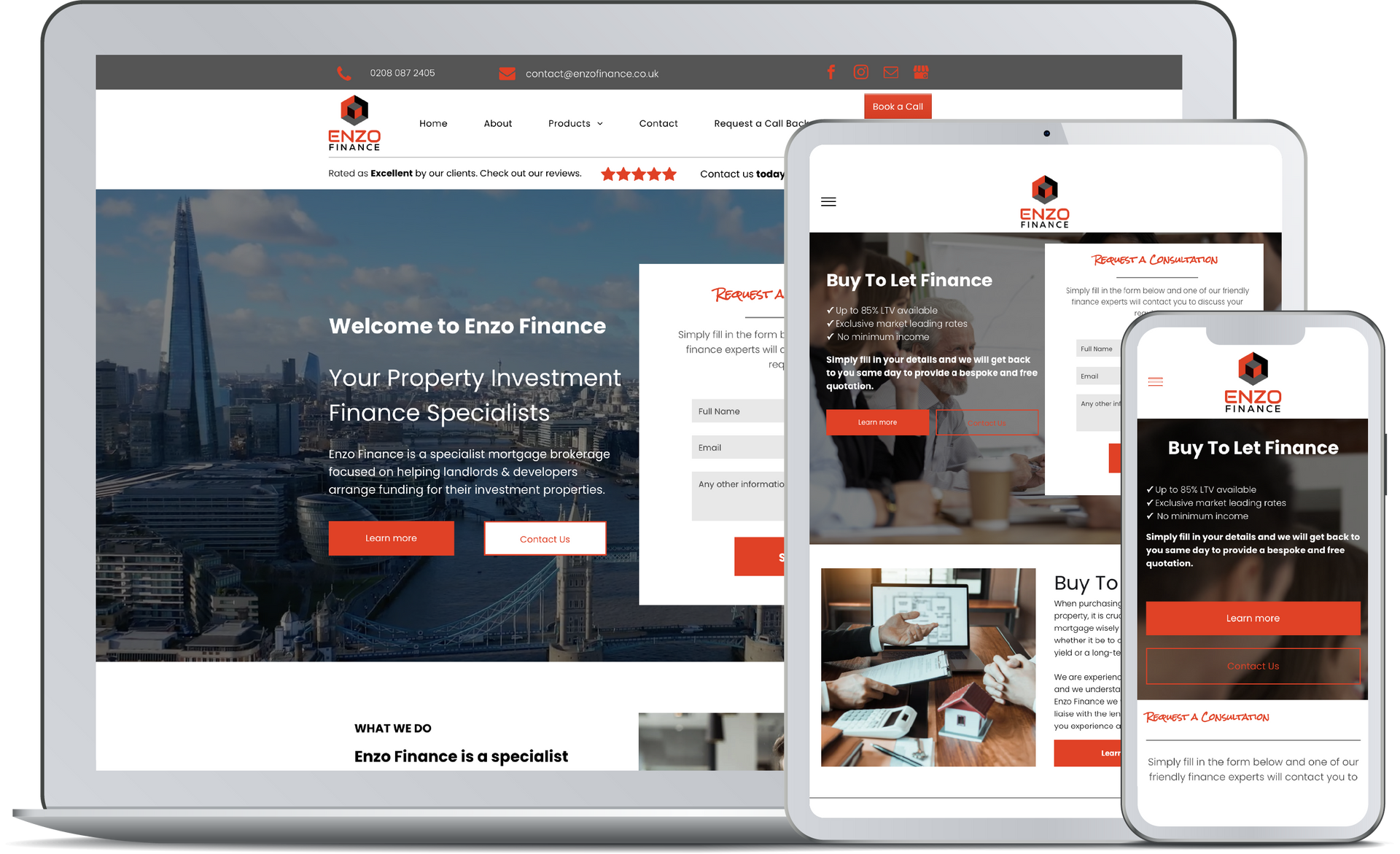
Slide title
Write your caption hereButton -
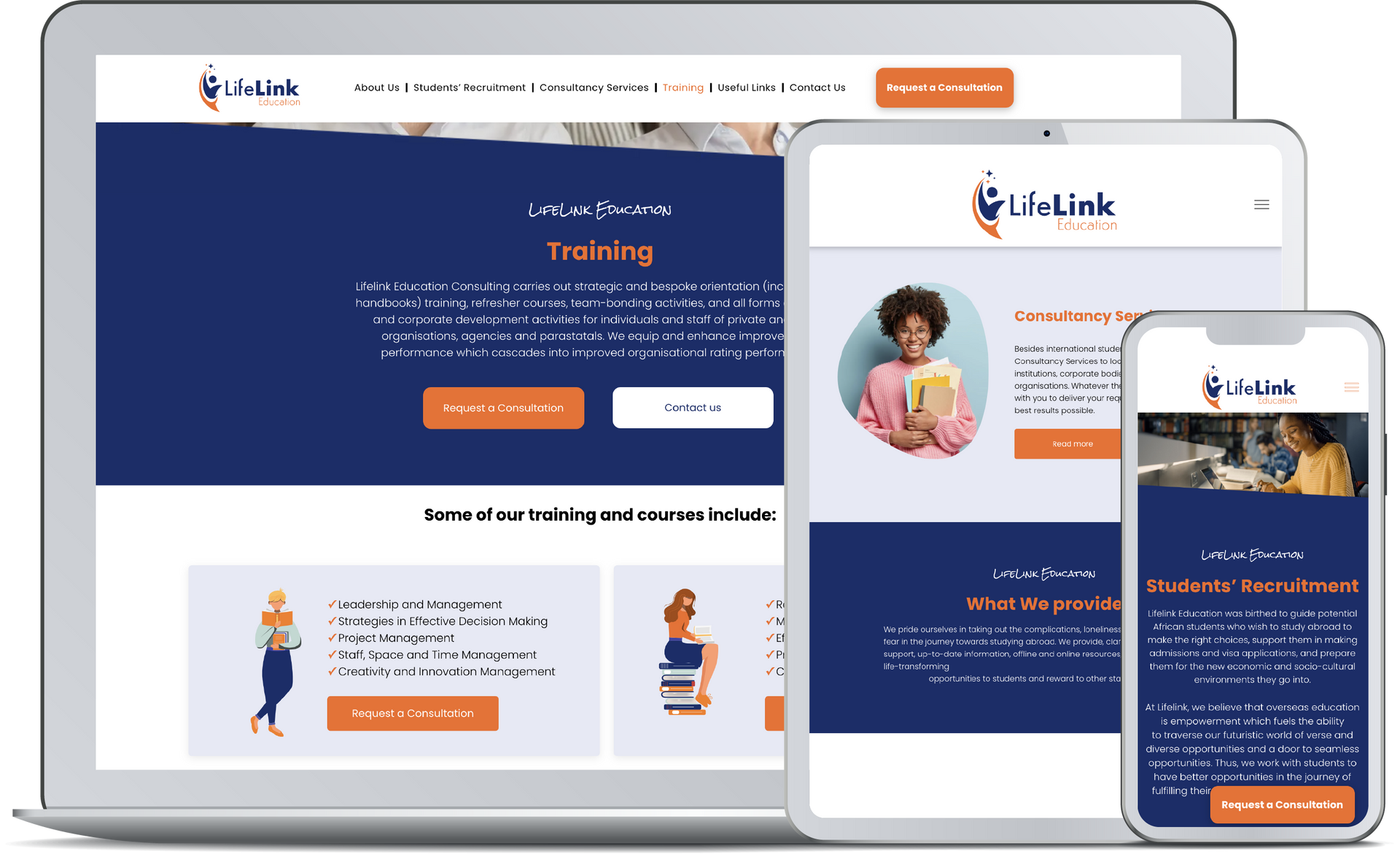
Slide title
Write your caption hereButton


Business Hours
- Mon - Fri
- -
- Sat - Sun
- Closed

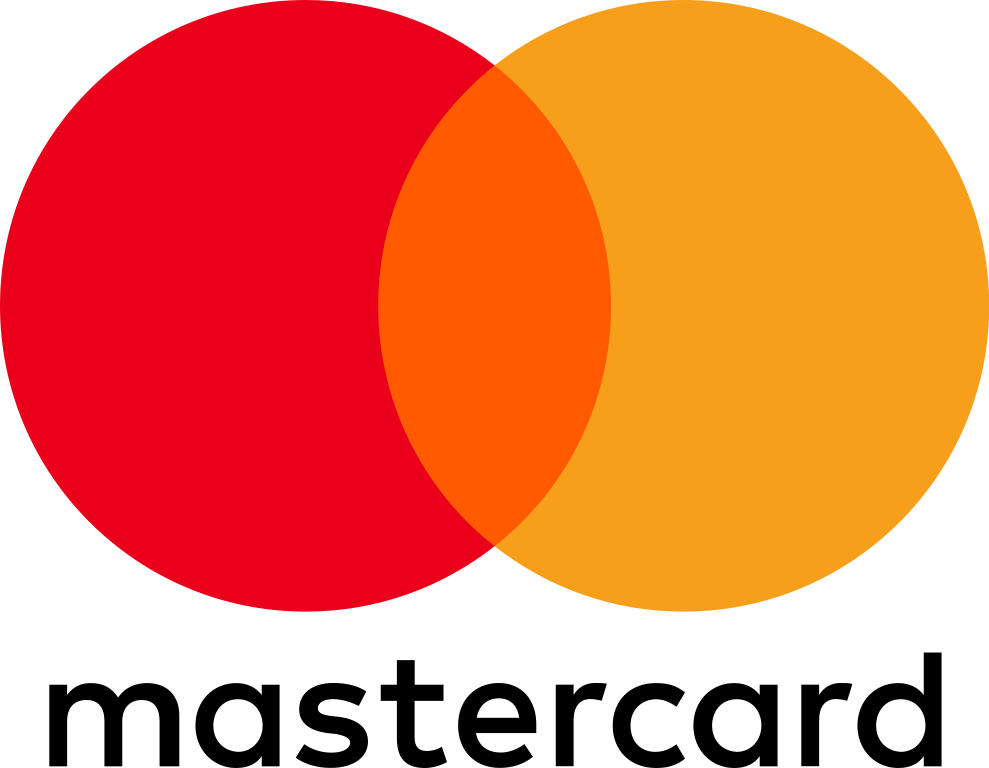





Navigation
Careers
Buy Now
Agency
Useful Links
Policies
All Rights Reserved | Marcell Media | Various trademarks held by their respective owners



